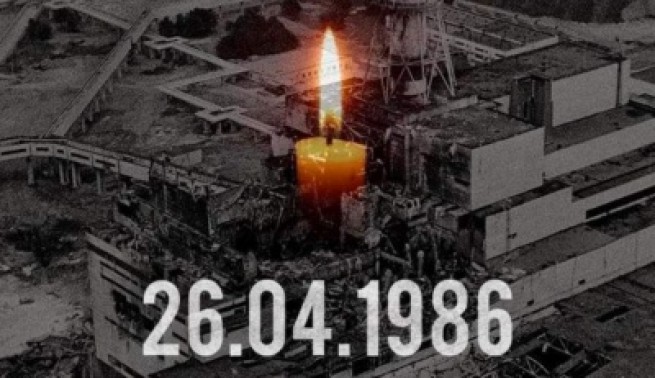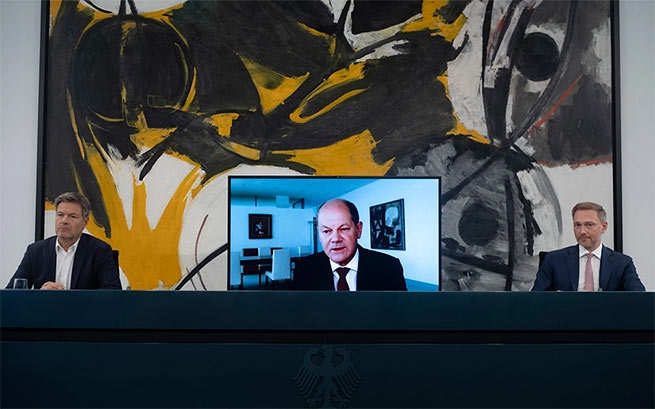Germany will borrow* and finance an “economic defense shield” of up to 200 billion euros to counter rising energy prices, Chancellor Olaf Scholz said.
The measure is deemed necessary “so that we can get through this difficult time,” he said at a press conference in Berlin on Thursday afternoon.
Scholz called a plan to limit the impact of high energy prices on consumers a “double whammy” by announcing a cap on gas prices – a plan worth up to 200 billion euros.
“Double whammy” will help bring energy prices down quickly so that everyone understands this. Therefore, no one should worry about autumn and winter, about Christmas and next year, or about the bills. The invoice amounts should be lowered again,” Scholz said.
The new consumer relief measures, which will last until spring 2024, include a gas price cap financed by €150-200 billion from the Economic Stabilization Fund (WSF), which was originally set up to deal with the economic impact of the coronavirus pandemic . The measure is intended to replace the “gas surcharge” announced a few weeks ago, which would have charged customers of energy suppliers 2.4 cents/kWh.
Khabek: risk of economic and social crisis
In turn, German Economy Minister Robert Habeck said that German businesses and households should further reduce gas consumption, as there is an economic war with Russia, which was launched by the European Union in response to the Russian invasion of Ukraine. “The energy crisis that we are experiencing in Europe runs the risk of developing into an economic and social crisis,” said the German economy minister.
Mr Habek called the new plan “more comprehensive, simpler and faster” and described it as an “improvement” on the gas levy he initiated. “The tax was a tool to stabilize the energy market by passing on the increased costs of energy companies to their customers. Now we have another tool – economic volume,” said Habek, who nevertheless strongly emphasized the need for everyone to save energy in the coming winter. He even advocated the introduction of incentives for this purpose.
In turn, Finance Minister Christian Lindner said that “we are in a state of energy war,” and noted that after the sabotage of the Nord Stream 1 and 2 pipelines, the possibility of energy supplies from Russia was excluded. “What we’re doing is a moratorium on the burden on citizens,” said Lindner, who has the most significant objections to the measure and its funding as he pushes for a reimposition of the debt brake from 2023. “When there is a need, as now, we will mobilize our economic strength,” he said in this regard, stressing that this measure is not expected to cause inflation, as many economists believe.
Households and small businesses are not reducing consumption
Gas consumption by households and businesses last week was “significantly higher than the average consumption of previous years,” Klaus Müller, head of the Federal Grid Agency, said earlier, calling it a “disappointing situation.”
“Without significant savings, including in the private sector, even as temperatures continue to drop, it will be difficult to avoid gas shortages in the winter,” Müller warned in a statement to Handelsblatt. The head of the regulator, however, noted that Germany, given its electricity storage capacity, which exceeded 91%, will be able to safely survive the winter under three conditions:
- Projects started to increase gas imports are being implemented.
- Gas supplies from neighboring countries will remain stable.
- Savings in consumption even if we have a colder winter.
“It depends on each of us individually,” he said.
Based on information from REUTERS, APPE-MPA
* Will the US give loans?







More Stories
Teenager arrested in Paris: he wanted to “die as a martyr” at the Olympic Games (video)
power steering vs "Wagner" in Africa
Funds of the largest US bank JP Morgan Chase were arrested in the Russian Federation